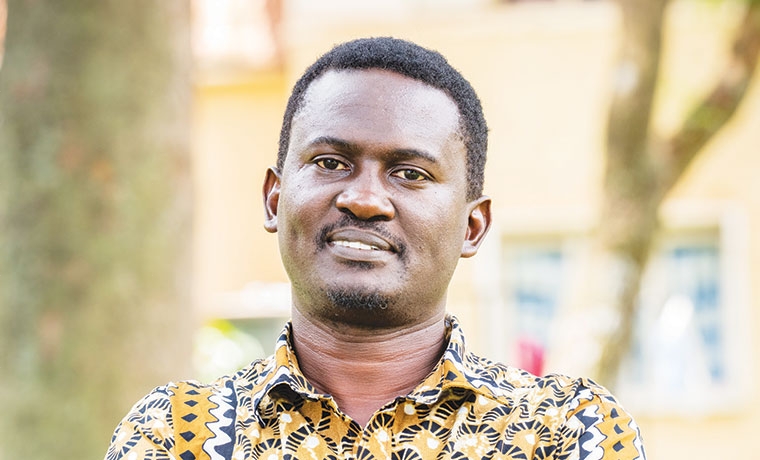By patriotcorps
Andrew Mwenda’s recent article delving into the #UgandaParliamentExhibition has ignited a fervent debate, drawing attention to its nuanced portrayal of political dynamics within Uganda. Mwenda’s commentary, while offering insightful macro political connections, has faced criticism for its implicit glorification of political cynicism and its failure to address the moral implications of the ongoing crisis.
In his analysis, Mwenda highlights the intricate web of politics, greed, and decadence that underpins Uganda’s parliamentary landscape. He argues that viewing these issues solely through a political lens risks normalizing corruption and injustice, advocating for a deeper moral examination of the situation.
Critics have pointed out Mwenda’s own role as a journalist in the narrative, questioning why he withheld information about the scandal until now. His justification, anchored in observing the President’s response, has raised eyebrows and led to accusations of complicity in perpetuating the status quo.
Moreover, Mwenda’s apparent admiration for President Museveni’s political maneuvers and the Speaker’s management style has drawn condemnation. Critics argue that by applauding Machiavellian tactics and downplaying the severity of the scandal, Mwenda undermines the public’s demand for accountability.
Of particular concern is Mwenda’s dismissal of dissenting voices, including those of aggrieved journalists and exhibitors. By attributing their actions to personal vendettas or hatred, Mwenda overlooks the genuine grievances driving their outcry, further eroding public trust in the media and political institutions.
The article has prompted soul-searching within Ugandan society, prompting questions about the role of journalists in holding power to account and the ethical responsibilities that accompany their profession. As citizens grapple with the implications of Mwenda’s analysis, there is a growing call for greater transparency, integrity, and moral courage in navigating Uganda’s complex political landscape.
As the nation awaits further revelations, one thing remains clear: the need for journalists like Mwenda to uphold the principles of truth-seeking and justice, even in the face of political intrigue and personal allegiances. Only through unwavering commitment to these ideals can Uganda hope to emerge from the shadows cast by corruption and impunity, and forge a path towards a more equitable and accountable future.


